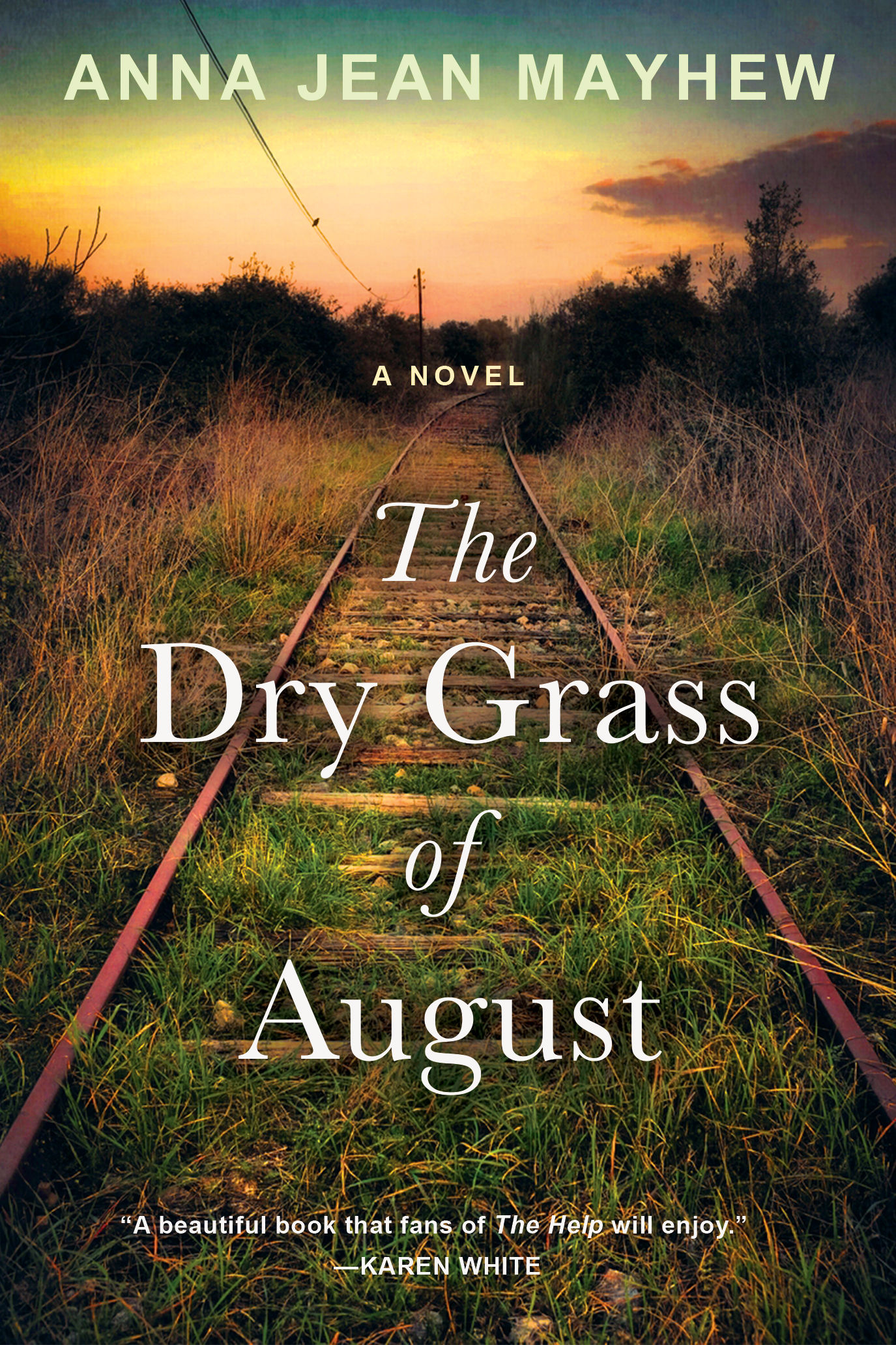Praise for A. J. Mayhew's novels


Written with unusual charm, wonderful dialogue, and a deeply felt sense of time and place, The Dry Grass of August is a book for adults and young people both—a beautifully written literary novel that is a real page-turner, I have to add. Fast, suspenseful, and meaningful. I read this book straight through.

Lee Smith, author of Last Girls and Fair and Tender Ladies
A marvelous job recreating the day-to-day life of a lost era and a vanished place. Mayhew’s careful historical sleuthing calls up the human and physical landscape of Charlotte’s old Brooklyn. But even more, she captures the flavor of daily life, especially the small details that may seem ‘off subject” but are true to how all of us think, feel and act.’

Tom Hanchett, author of Sorting Out the New South City: Race, Class, and Urban Development in Charlotte, 1875-1975
“Tomorrow’s Bread, AJ Mayhew’s tender and fierce new novel, explores an era that is both distant and relevant to our present. It’s about segregation and the cruelties of urban “renewal” in the late 1950s and early ’60s. Its title is drawn from a 1949 Langston Hughes poem, “Democracy,” with its urgent message: “I do not need my freedom when I’m dead/I cannot live on tomorrow’s bread.”
Loraylee, young, determined, and enterprising, is the heart of this novel as she navigates the difficult terrain of nurturing an ailing mother, raising a young son, and loving a good man forbidden to her. She is part of a fascinating constellation of people, black and white, who defy the expectations and the limitations that the segregated South imposes on them.
Tomorrow’s Bread isn’t only a novel about people. Mayhew draws a complex portrait of Brooklyn, once the largest African-American neighborhood in Charlotte, N.C., with clarity and loving detail: Little Sugar Creek, which runs near Loraylee’s house and whispers at night to her and her son Hawk. The local church’s cemetery, where the unmarked graves of slaves lie beside well-maintained family plots. The grocery store, the floral shop, the nightclub, the pharmacy, the movie theater. Brooklyn’s fate, in Mayhew’s novel, and in history, is entwined with the people inside and outside its boundaries.
Parts of Brooklyn were poor, so planners at the time used the term “blight” to describe it and justify its destruction. But it was far from impoverished. Mayhew’s Brooklyn, though fictionalized, helps recreate a vibrant and memorable community filled with complex and unforgettable characters.
Tomorrow’s Bread is a novel about injustice and racism, but it is equally about the bonds of community. And ultimately, it’s a novel about love–contrary and insistent and infinitely surprising.”

Cat Warren, author of the NYT bestseller, What the Dog Knows
In Tomorrow’s Bread, novelist A.J. Mayhew has wrought a miracle, bringing vividly to life (the semblance of) an African American neighborhood in Charlotte, N.C. that was erased in the 1960s in name of “urban development.” As in her fine first novel, The Dry Grass of August, Mayhew plumbed her considerable imaginative and empathic gifts along with meticulous research to create vivid, fascinating characters and the bonds between them.
Tomorrow’s Bread is an eloquent and important novel.

Angela Davis-Gardner, author of Butterfly’s Child
Set in Charlotte, North Carolina, in the era of “urban renewal,” Tomorrow’s Bread sings to life the necessities of community, resting places, and home. By turns suspenseful, disturbing, and hopeful, the novel conjures a possible America where people choose empathy and love over fear and prejudice. Anna Jean Mayhew is a master story-teller with a tale profoundly relevant for our time.

Elaine Neil Orr, author of Swimming Between Worlds
In her wise and empathic new novel, Anna Jean Mayhew returns to Jim Crow-era Charlotte, North Carolina, where the vibrant black community of Brooklyn is about to be demolished. Richly drawn and deeply felt, Tomorrow’s Bread is a haunting story of irreparable loss. It is also a testament to the sustaining power of resistance and the unexpected satisfactions of sheer endurance. This is a story for our time.

Kim Church, author of Byrd
In the 1960s, under the guise of a program called “urban renewal,” the nation bulldozed hundreds of black neighborhoods, destroying communities and undermining hard-won racial progress.
Anna Jean Mayhew sets her page-turning novel in one of these now-lost communities, the Brooklyn neighborhood of Charlotte, as its residents await its destruction.
Mayhew tells the story through three characters. Two are Brooklyn residents—a pastor about to lose his church and a young mother who must hide her relationship with her white boss. The third is a white woman who senses the sin her city is perpetrating, though her husband is championing Brooklyn’s destruction in the name of progress. As a Charlotte area resident, I love how Mayhew has reincarnated long-gone Brooklyn. This is a moving, vivid story—historical fiction that’s both instructive and entertaining.

Kim Church, author of Byrd
Over 150 black neighborhoods were destroyed by the urban renewal program of the 1960s. A. J. Mayhew makes that loss personal in TOMORROW’S BREAD through her empathy, her specificity, and her clean, vivid prose. It’s an important and sadly relevant story, one that I found deeply moving.

Lewis Shiner, author of Black & White
Ms. Mayhew has hit another homer with Tomorrow’s Bread. Dry Grass of August, her first book, was a great read that took her 16 years to write. Tomorrow’s Bread took 3 years. AJ is dedicated to the truth in her work, she takes the time to personally study the environment of the setting, the colors and the kitchen smells in such a way you can get hungry for a piece of the cornbread that’s cooking. Tomorrow’s Bread is worth your time to sit and relax and read an exceptional story. AJ Mayhew is creeping up the ladder to be one of the finer voices in Southern Literature. I highly recommend it.

Danny Johnson, author of A Long Way Home, winner of the 2017 North Carolina Historical Fiction Award.
In prose as gentle as falling snow, Anna Jean Mayhew spins a tale of two communities, one black, one white, adjacent and interdependent but worlds apart. Characters from each appear, drawn with remarkable sensitivity, and intersect with each other in ways that will leave them forever altered. Larger in scope even than her Dry Grass of August, the novel is an honest but affectionate account of a time long gone—not with the wind but with the dramatic changes the last fifty years have wrought in the racial landscape of American society. The story is at times lyrical, at times thrilling, but inherently important: a must‐read for those who remember it and those for whom it is history.

Tom Grant, author of Lake Pontchartrain: A Novel of Love and Betrayal
Mayhew keeps the story taut, thoughtful and complex, elevating it from the throng of coming-of-age books.

Publishers Weekly
Beautifully written, with complex characters, an urgent plot, and an ending so shocking and real it had me in tears.

Eleanor Brown, New York Times bestselling author of The Weird Sisters
A must-read for fans of The Help.

Woman’s World
Written with unusual charm, wonderful dialogue, and a deeply felt sense of time and place, The Dry Grass of August is a book for adults and young people both—a beautifully written literary novel that is a real page-turner, I have to add. Fast, suspenseful, and meaningful. I read this book straight through.

Lee Smith, author of Last Girls and Fair and Tender Ladies
A beautiful book that fans of The Help will enjoy.

Karen White, New York Times bestselling author
Because the novel is totally true to Jubie’s point of view, it generates gripping drama as we watch her reach beyond authority to question law and order.

Booklist
A masterful work of blending time and place.

The Charlotte Observer
A beautifully written and important novel. Set in the 1950s South, it deals with race relations in an original, powerful way. It’s also a great story about complicated family relationships, told with humor, delicacy, and penetrating insight. I wish I had written this book.

Angela Davis-Gardner, author of Butterfly’s Child
About A. J. Mayhew
Anna Jean Mayhew's career path has taken many turns, from court reporting to opera management to medical writing. All the time she was involved in those professions by day, she was writing fiction at night and on weekends, pieces that began as short stories and became novels. For twenty-five years she taught fiction writing in private groups and in courses at Duke University Continuing Education and at the ArtsCenter in Carrboro, NC. In 1987 she joined a group of writers in Chapel Hill, led by the inimitable Laurel Goldman, and is still in that group decades later. With the support and critique of her colleagues, A. J. wrote two novels published by Kensington Books: The Dry Grass of August, 2011, and Tomorrow's Bread, 2019. She is writing a third novel and co-writing a fourth.


